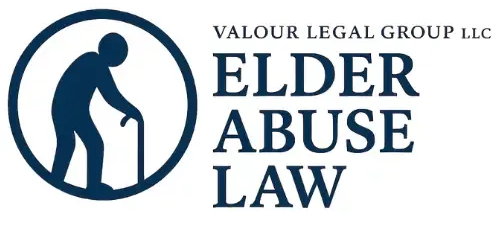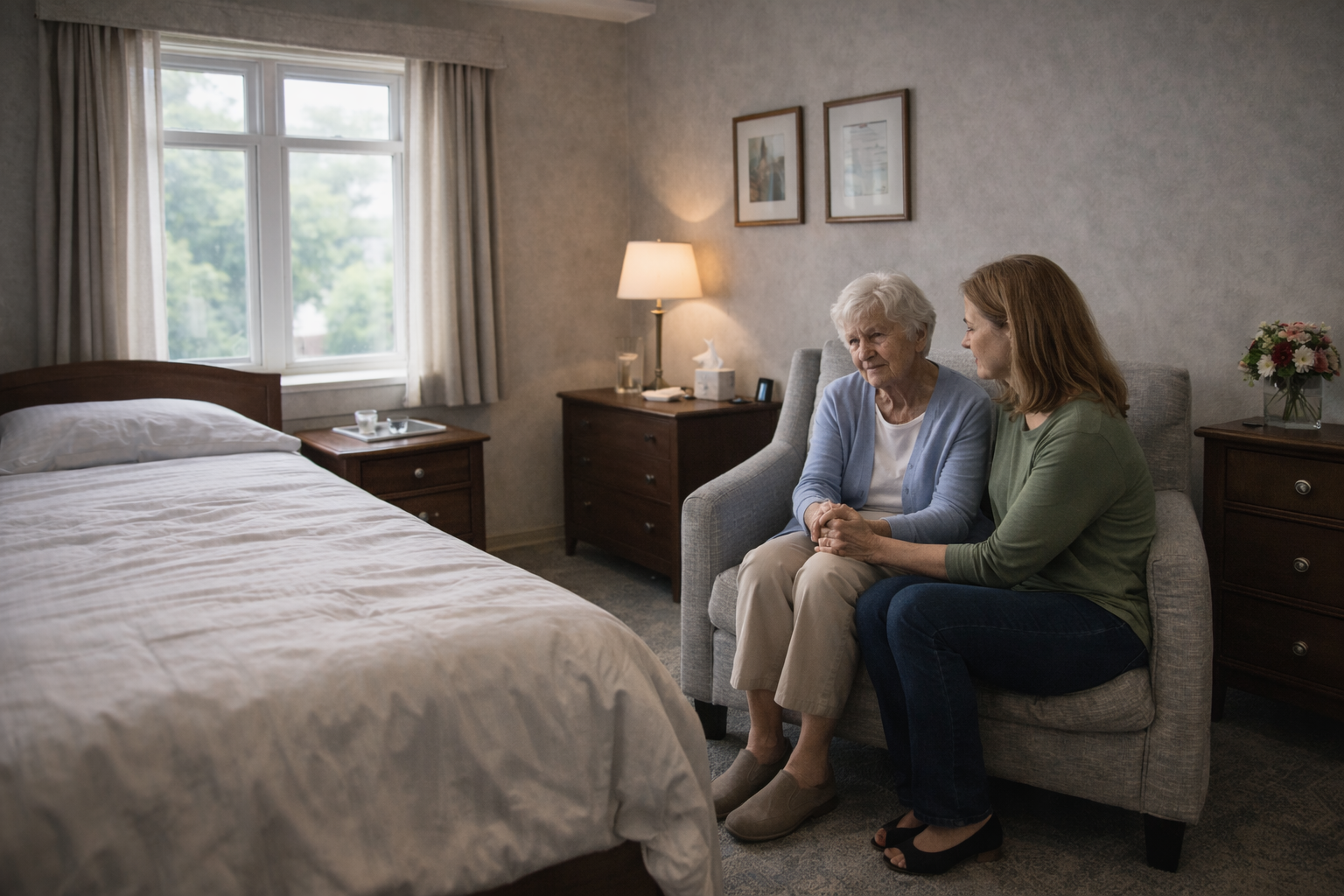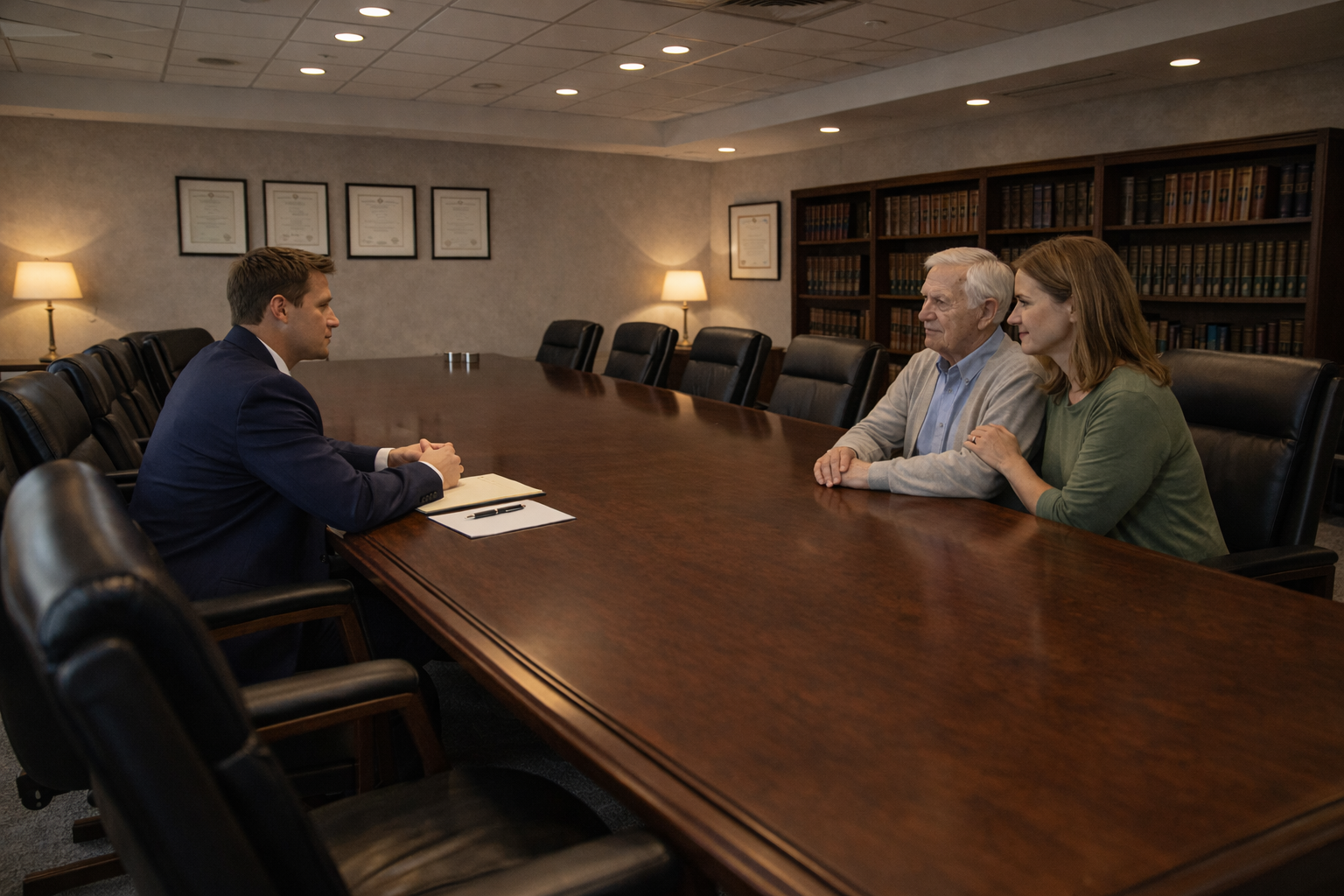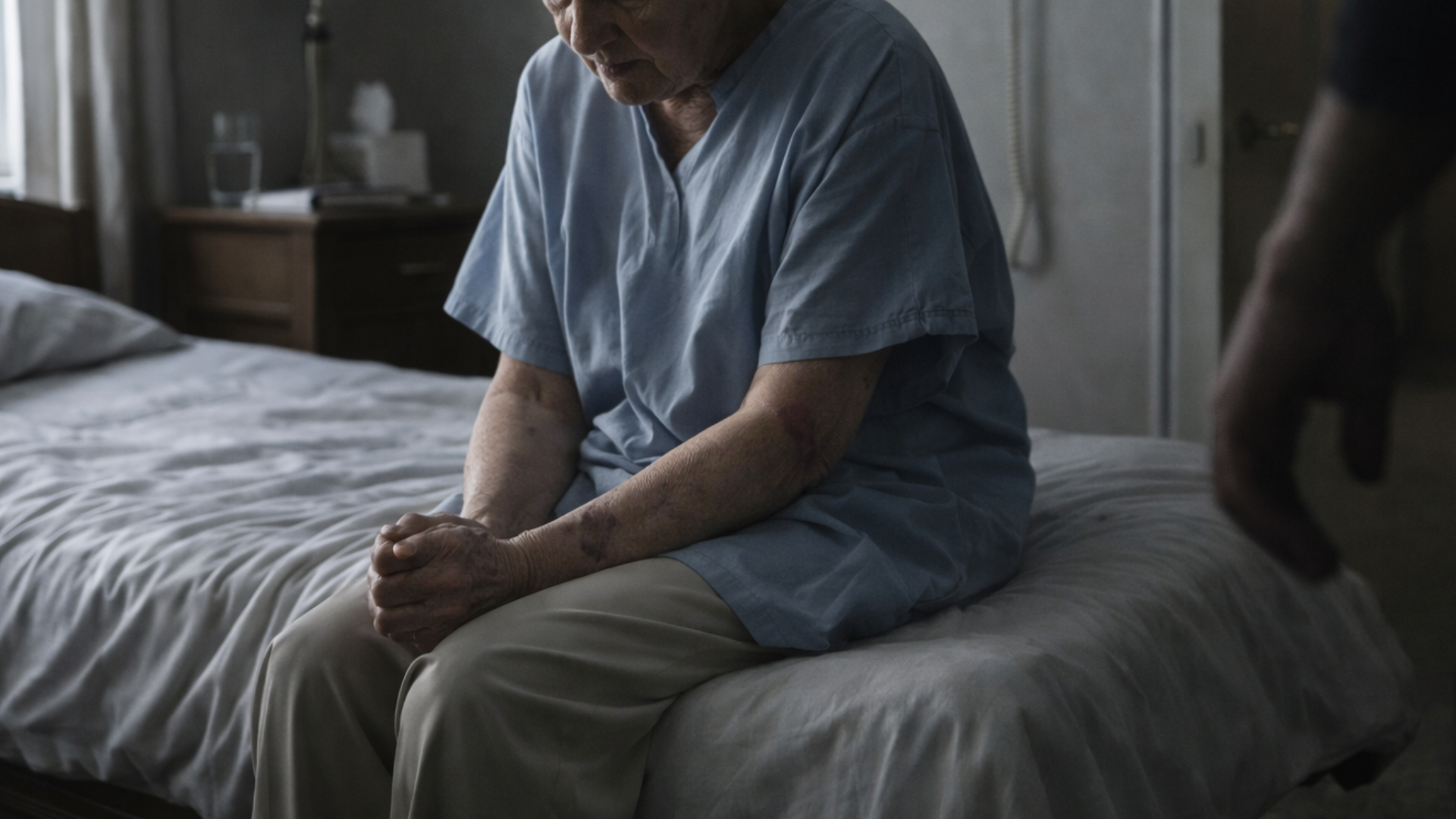Neglect Vs. Abuse In Senior Care: How To Spot The Difference
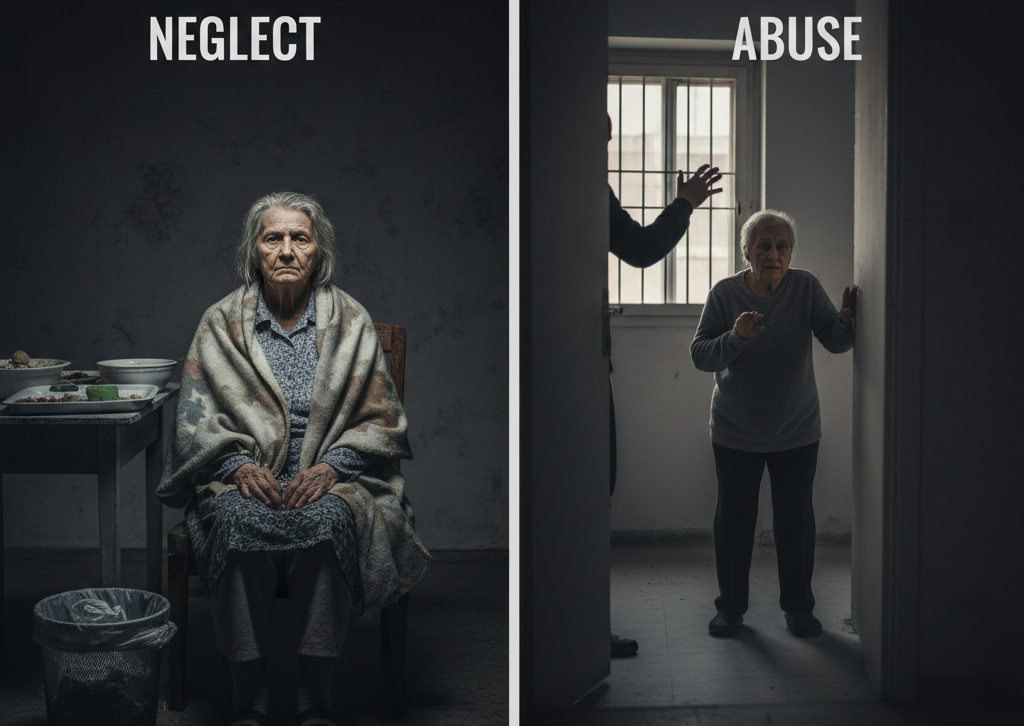
When families make the difficult decision to place a loved one in a nursing home, they do so with the expectation of compassionate, professional care. Unfortunately, not every facility fulfills this fundamental responsibility. Neglect and abuse remain persistent, troubling concerns in senior care facilities across the country, including right here in Illinois.
Many families find themselves struggling to distinguish between negligence, neglect, and outright abuse. Understanding these critical distinctions isn't just about protecting your loved one; it's about holding facilities accountable when they fail in their duty of care. If you suspect your family member may be experiencing mistreatment, consulting with a Chicago nursing home abuse lawyer can help clarify your legal options and guide you toward justice.
What Should You Do If You Know or Suspect Abuse or Neglect?
The first reaction many family members experience is self-doubt: Am I overreacting? Could this simply be a misunderstanding? It's crucial to remember that your instincts matter. Even seemingly minor warning signs should never be dismissed when it comes to protecting vulnerable seniors.
If you know or strongly suspect abuse or neglect is occurring, take these immediate steps:
Ensure immediate safety – If your loved one faces imminent danger, don't hesitate to call 911.
Report your concerns promptly – In Illinois, contact the Department of Public Health's Nursing Home Complaint Hotline at 1-800-252-4343. All reports can be made confidentially, protecting your identity while ensuring proper investigation.
Document everything meticulously – Take detailed notes, photographs of concerning conditions, and maintain copies of all medical records and incident reports.
Contact a Chicago nursing home abuse lawyer – An experienced attorney can help determine whether what you're witnessing constitutes legal negligence or abuse, and guide you through the complaint or lawsuit process with confidence.
Taking swift, decisive action not only protects your loved one but may also prevent other vulnerable residents from suffering similar harm.
Understanding the Difference Between Negligence and Abuse
These terms are frequently used interchangeably in casual conversation, but legally and practically, they represent distinct situations requiring different responses.
Negligence (or neglect) occurs when a facility or staff member fails to provide the standard of care expected. While often unintentional, negligence can still result in serious harm. Common examples include:
- Failing to turn a bedridden resident regularly, leading to painful, dangerous bedsores
- Forgetting to provide meals, water, or critical medications on schedule
- Leaving residents unsupervised in situations where falls or injuries are likely
- Inadequately managing chronic conditions or failing to follow prescribed care plans
Abuse, by contrast, involves deliberate harm or willful misconduct directed at residents. Abuse manifests in multiple forms, physical, emotional, sexual, or financial. Examples include:
- Hitting, shoving, or using unnecessary physical restraints as punishment
- Yelling at, mocking, intimidating, or deliberately humiliating residents
- Stealing money, personal possessions, or manipulating financial accounts
- Sexual contact or inappropriate touching without consent
Simply put: neglect represents a failure to act appropriately, while abuse involves intentional harmful actions. Both violations of a resident's fundamental rights, and both provide solid grounds for legal action when working with a Chicago nursing home abuse lawyer. See more on How to Spot the Warning Signs of Elder Neglect in Nursing Homes.
How to Distinguish Between Neglect and Deprivational Abuse
One area where families often experience confusion involves deprivational abuse, a specific form of abuse that can appear similar to standard neglect. The crucial difference lies in determining intent.
Neglect typically results from systemic issues such as chronic understaffing, inadequate employee training, or simple oversight. For instance, if a resident misses a scheduled meal because a nurse became overwhelmed during an exceptionally busy shift, this would generally be classified as neglect.
Deprivational abuse occurs when staff members intentionally withhold necessities such as food, water, medication, or mobility assistance. Examples include refusing to provide water as a form of punishment, purposely delaying critical medications, or withholding assistance with toileting to humiliate a resident.
While both situations cause genuine harm to residents, proving intentional deprivation significantly alters how the law treats these cases. A skilled Chicago nursing home abuse lawyer can thoroughly investigate staffing records, employee statements, facility policies, and surveillance footage to determine whether your loved one's suffering stems from negligence or deliberate abuse.
Essential Actions When You Suspect Abuse or Neglect
When something feels wrong about your loved one's care, trust those instincts and act quickly. Many seniors are unable to advocate for themselves due to cognitive impairments, fear of retaliation, or physical limitations that impact their ability to communicate. Here's your step-by-step action plan:
Look for These Critical Warning Signs
- Unexplained bruises, cuts, burns, or other physical injuries
- Sudden, significant weight loss, signs of dehydration, or malnutrition
- Untreated bedsores, infections, or deteriorating medical conditions
- Emotional withdrawal, unusual fearfulness, depression, or behavioral changes
- Unsanitary living conditions, soiled clothing, or poor personal hygiene
- Missing personal belongings or unexplained financial transactions
Ask Direct but Compassionate Questions
- Speak privately with your loved one whenever possible
- Gently inquire whether they feel safe in their current environment
- Ask if anyone has hurt them physically or made them feel afraid
- Determine if their basic needs for food, water, and medical care are being consistently met
Document Everything Thoroughly
- Record specific dates, times, and detailed observations of concerning incidents
- Take photographs or videos documenting unsafe conditions, injuries, or neglect
- Preserve receipts, bank statements, or records of missing items if financial abuse is suspected
- Keep copies of all medical records, incident reports, and facility communications
Report the Issue Through Proper Channels
- Contact the Illinois Department of Public Health immediately for non-emergency situations
- Call local law enforcement if immediate danger exists
- File formal complaints against the facility through appropriate regulatory agencies
Consult with a Chicago Nursing Home Abuse Lawyer
Legal professionals specializing in elder care cases can:
- Evaluate whether your observations provide grounds for a civil lawsuit
- Help secure compensation for additional medical bills, pain and suffering, and relocation expenses
- Navigate complex legal processes while you focus on your loved one's wellbeing
- Ensure facilities face appropriate consequences for their failures
Taking decisive action protects your loved one while potentially uncovering systemic problems that endanger other residents throughout the facility.
Why Professional Legal Help Makes a Difference
Nursing home facilities often deny wrongdoing and may attempt to minimize or explain away obvious signs of harm. Successfully proving neglect versus abuse requires gathering substantial evidence, correctly interpreting complex medical records, and demonstrating how the facility breached its fundamental duty of care.
An experienced Chicago nursing home abuse lawyer brings essential expertise to your case:
- Deep knowledge of the legal differences between negligence, neglect, and abuse under Illinois state law
- Investigative resources to examine staff conduct, training records, and safety violations thoroughly
- Case-building experience to hold facilities accountable through civil court proceedings
- Recovery assistance to help families obtain financial compensation and achieve peace of mind
Working with a Chicago nursing home abuse lawyer ensures your case receives the professional attention it deserves while maximizing your chances of achieving justice for your loved one.
Moving Forward with Confidence
Understanding the distinction between neglect and abuse in senior care is crucial for every family with a loved one in residential care. Neglect often stems from systemic failures or oversight, while abuse involves intentional harm. Deprivational abuse represents a particularly insidious form of abuse because it involves the deliberate withholding of basic human needs.
If you suspect your loved one is suffering from any form of mistreatment, trust your instincts completely. Document everything you observe, report your concerns through appropriate channels, and reach out to Chicago Nursing Home Abuse Attorney who can help you navigate the legal process effectively.
Protecting vulnerable seniors requires courage, the courage to speak up, take action, and demand accountability before it's too late. Your loved one deserves nothing less than dignified, compassionate care, and when facilities fail to provide it, they must face the consequences.
